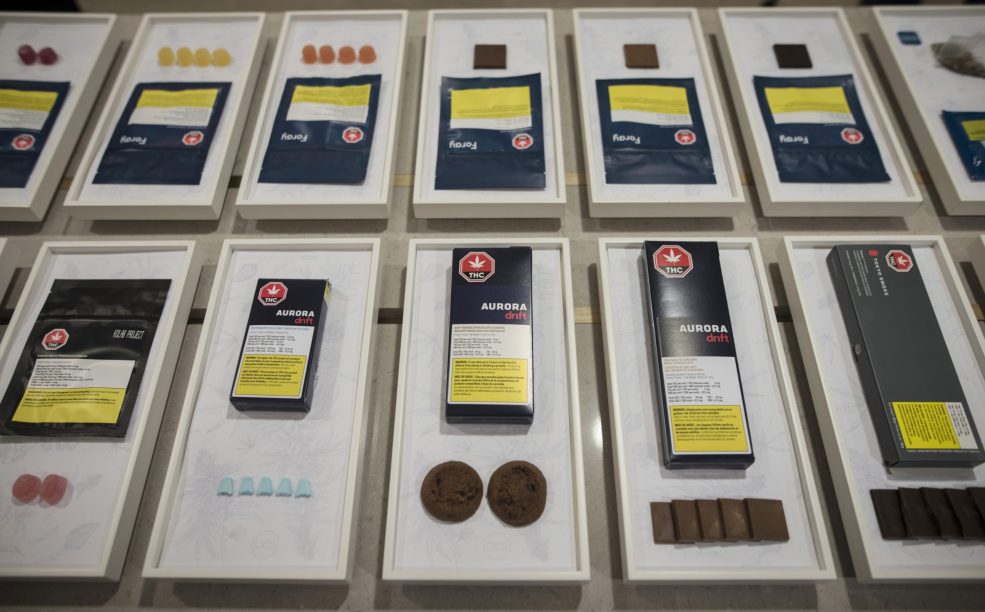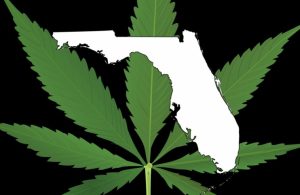Competition Bureau to Health Canada: increase THC limits.
That’s what the ironically named “Competition Bureau” is recommending to Health Canada and the “Expert Panel” in charge of the legislative review.
(The head of this “Expert Panel” is the author of one of Trudeau’s white-washed election reports, casting doubts on the effectiveness of the Cannabis Act review process).
The Bureau’s report states the obvious: increase consumer choice and displace the black market.
The Competition Bureau’s call for higher THC limits and reduced regulations is an eye-opener in an industry dominated by “public health” narratives.
But Canadians fork over $55 million a year into this living, breathing oxymoron of a department. The conclusions of this report are self-evident. They are basic cannabis economics.
Competition Bureau: Three Recommendations
The Competition Bureau’s report to Health Canada makes three recommendations:
- Review the cannabis licensing process and other regulations to ensure costs aren’t intrusive to competition
- Adjust THC limits on edible cannabis to meet consumer demand and compete with the illicit market
- Consider easing restrictions on cannabis promotion, packaging, and labelling.
The Bureau adds the caveat: “these recommendations must be carefully balanced with other important public policy goals, including public health and safety.”
And that only Health Canada and “other subject-matter experts” can determine “how best to implement” these policies while protecting the “health and safety” of Canadians.
Of course, no “subject-matter experts” can singlehandedly solve Hayek’s knowledge problem or Mises’ calculation problem.
What is the optimal THC level in edibles? Which licensing regulations are unnecessary? Which restrictions on marketing should Health Canada lift? And by how much?
We’d be better off leaving these questions to our civil and common-law legal institutions than political bureaucracy.
Considering that the federal government can’t even deliver drinkable tap water to First Nation reserves, the minute details of cannabis regulations should be the least of their concerns.
Competition Bureau: Other Barriers

The Competition Bureau’s report to Health Canada suggests the recommendations mentioned above. These are within the scope of the legislative review.
The other two recommendations fall outside the scope of the review, but are still important considerations, says the Bureau.
The first is excise taxes.
Despite the secular nature of the Canadian state, and Justin Trudeau’s WEF-inspired push to recreate Canada in a “post-national” image, the cultural ethos of the population is still predominately Christian.
And nowhere is this more evident than in how we deal with permissible “sins” like sex work, gambling, or alcohol.
Cannabis is an “addictive” gateway drug that must be overly taxed and regulated by the authorities. For your own good, of course.
But even if you can make a case for excise taxes on cannabis, how the government collects them is nonsensical. As reported by the Bureau, 66% of cannabis licensees have a sizeable debt with the Canada Revenue Agency.
If the CRA decides to call in these outstanding debts, cannabis in Canada is over.
The Competition Bureau recommends changes, but we recommend eliminating taxes altogether.
Not only on cannabis. On everything. Someone demanding a portion of your property without consent is a criminal. The “social contract” be damned.
Is Lack of Standardization a Problem?
The other barrier the Competition Bureau mentions is the need for industry standardization. They emphasize how the feds control production, then each province takes their own approach to wholesale distribution and retail sales.
Due to this, it can be difficult navigating the various policies governing the industry. Regulatory complexity is bad for business.
While some may think a “one-size-fits-all” stemming from Ottawa would be the solution, this would only create new problems.
Making the Case for Competition

The Competition Bureau’s call for higher THC limits comes with an extensive report indicating how they’ve come to these conclusions.
For instance, under the subheading “Making the Case for Competition,” they write:
Competition is the driver of Canada’s economy. It increases Canada’s productivity, and benefits Canadian businesses and consumers alike. Competition fosters business efficiency and innovation, and encourages firms to deliver new and innovative products and services to the marketplace. This in turn provides consumers with competitive prices and product choices.
We couldn’t have said it better ourselves. But why would this be true for the cannabis industry and not the cannabis regulatory industry? Why doesn’t the Competition Bureau apply this logic to so-called “public” services?
The best way to implement the Competition Bureau’s recommendations is by getting the state out of the regulatory services industry.
Market-based incentives produce more humane, optimal outcomes. A free market in regulatory services may appear complex since there would be no national or provincial standardization.
But in reality, the profit motive leads to greater efficiency and innovation. Profit and loss are signals indicating consumer demand.
A decentralized and competitive environment prevents the concentration of power in the hands of a single regulatory agency. This means businesses can work with agencies that provide tailored, flexible plans that adapt and work to their unique needs and goals.
Free market regulatory agencies would develop specialized expertise and provide customized solutions, creating greater efficiency.
Not to mention, free market regulatory agencies are predicated on voluntary exchanges. That is, mutually beneficial associations based on consent.
Regardless of whether one system is economically superior, the moral case against government interference is sound.
The Competition Bureau is right. But we didn’t a bloated, oxymoronic government agency to tell us.






